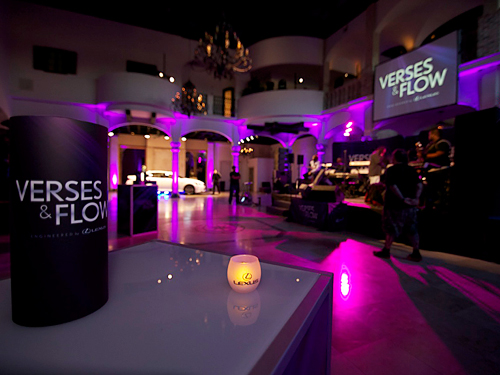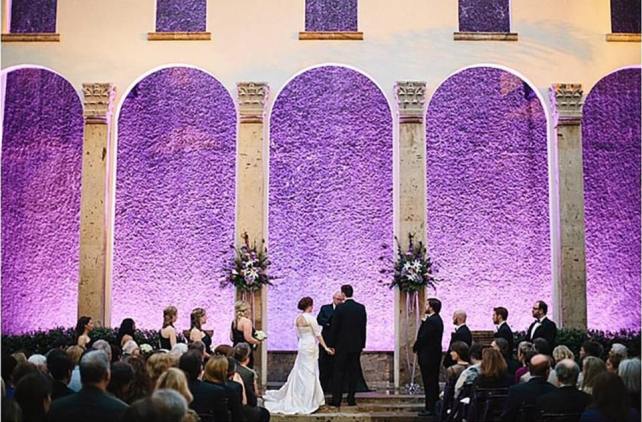At some point in your business career you may be asked to put together a corporate event or party. Companies are always looking for opportunities to hold conferences with colleagues, celebrate special occasions and holidays, launch new
products and gather for meetings. Sometimes the office boardroom will suffice for the setting but other times will require a more elegant environment such as a banquet facility or party venue. If you are in charge of planning your company’s next event, follow some helpful planning tips from The Bell Tower on 34th.
What’s the Occasion – Before you can begin to plan your business event, know what the event is for. Are you celebrating a record sales quarter? Is it a holiday party in December? Are you launching a new product to the public? Be specific about what the event is for and consult with your executive team to be sure everyone is on the same page.
What’s the Theme – Corporate events can be formal suit and tie conferences or more casual meet-and-greets. Depending on the direction you go in will determine the theme of the event. Casual gatherings can be as simple as a cocktail reception while formal events may involve speakers, presentations and demonstrations. Know in advance what the purpose of the event is so you can create a theme that matches the occasion.
What’s your Budget –How much you have to spend on a corporate event will play a major role in your planning. Reserving a meeting center, hiring a caterer and spending for entertainment such as a DJ or string quartet isn’t cheap and the sooner you know what your budget is the better chance you have to make the best decisions. Budgets may be flexible but are often pretty strict so meet with the company bean counters and be sure you know your max when it comes to spending for a corporate event.
To rent The Bell Tower on 34th for your next event; call (713) 686-2355
or click here for available time for your appointment!





